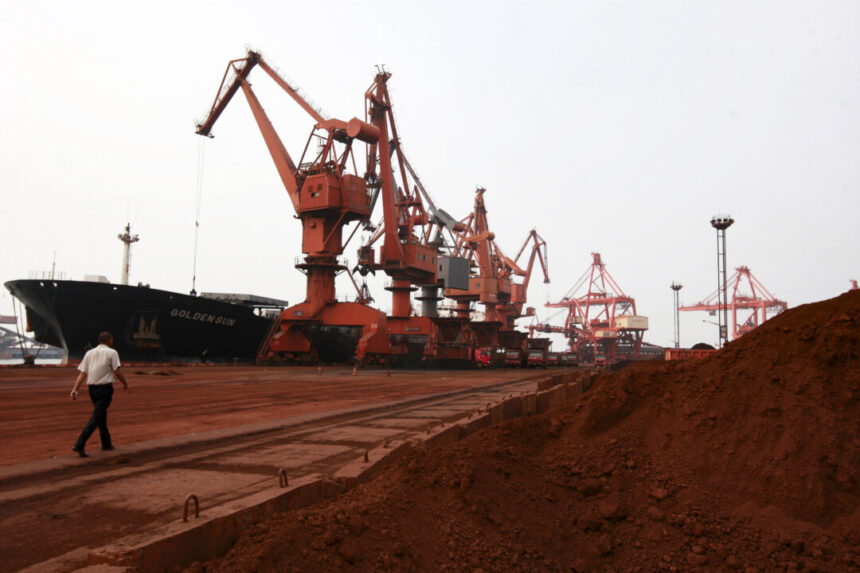The United States is on the brink of rebuilding its rare earths supply chain and holding the Chinese regime accountable with the incoming Trump administration. In the final days of the Biden administration, efforts to restrict Chinese access to semiconductors persist.
The U.S. Department of Commerce recently unveiled new rules aimed at limiting China’s ability to produce advanced-node semiconductors crucial for military applications. This move follows a U.S. Senate report revealing China’s support for Russia’s war in Ukraine through the acquisition of U.S. chips.
In response to the semiconductor ban, China retaliated by halting the export of key rare earth metals used in chip production, such as gallium, germanium, and antimony. China’s control over rare earth metals has been a strategic advantage in trade wars with the United States since the 1980s.
While Western countries neglected rare earth mining and processing, China heavily subsidized these industries, allowing them to dominate the market. The U.S. government is now focusing on semiconductor production in collaboration with key partners but faces challenges due to China’s control over the rare earth supply chain.
The appointment of officials like Peter Navarro and Robert Lighthizer signals a robust stance on trade with China. Efforts to revive U.S. rare earth extraction and refining capabilities are underway to counter China’s dominance in this critical sector.
By revisiting regulations and investing in new refining plants, the United States aims to reestablish its rare earth industry. The incoming Trump administration is poised to rebuild the rare earth supply chain and ensure accountability from the Chinese regime. Please rewrite this sentence.
Source link





